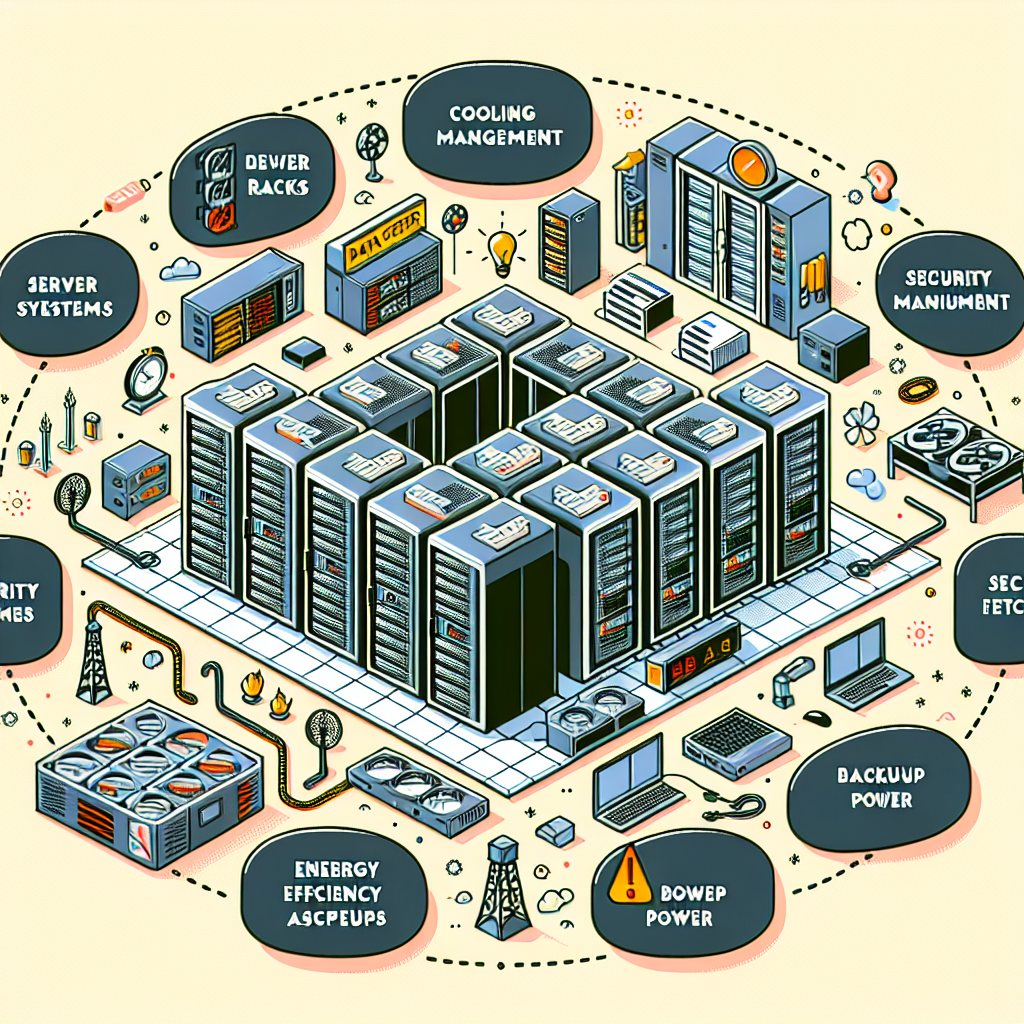Your cart is currently empty!
Key Factors to Consider When Conducting a Data Center Audit

In today’s digital age, data centers play a crucial role in storing and managing vast amounts of data for businesses and organizations. As data continues to grow exponentially, it is essential for companies to regularly conduct data center audits to ensure that their facilities are secure, efficient, and compliant with industry standards. A data center audit involves a comprehensive review of the physical infrastructure, equipment, processes, and security measures in place to protect sensitive information. Here are some key factors to consider when conducting a data center audit:
1. Compliance with Regulations: One of the most important factors to consider during a data center audit is compliance with regulations such as GDPR, HIPAA, or PCI DSS. It is essential to ensure that the data center is following all necessary regulations to protect the privacy and security of sensitive data.
2. Physical Security: Physical security measures are critical to protecting a data center from unauthorized access. During an audit, it is important to assess the security controls in place, such as access control systems, surveillance cameras, and security personnel, to prevent physical breaches.
3. Environmental Controls: Data centers are sensitive to temperature and humidity fluctuations, which can impact the performance and longevity of equipment. It is important to review the environmental controls in place, such as cooling systems, fire suppression systems, and backup power supplies, to ensure that the data center is operating within optimal conditions.
4. Network Security: Network security is another crucial aspect of a data center audit. It is essential to review the network infrastructure, firewalls, intrusion detection systems, and encryption protocols to prevent unauthorized access and data breaches.
5. Disaster Recovery and Business Continuity: Data centers should have robust disaster recovery and business continuity plans in place to ensure that data can be quickly recovered in the event of a disaster. During an audit, it is important to review these plans to ensure that they are up to date and effective.
6. Documentation and Processes: A data center audit should also include a review of documentation and processes in place to manage and maintain the data center. This includes inventory management, change management, and incident response procedures to ensure that the data center is operating efficiently and securely.
7. Performance and Capacity: It is important to assess the performance and capacity of the data center during an audit to ensure that it can meet the current and future needs of the organization. This includes reviewing server utilization, storage capacity, and network bandwidth to identify any potential bottlenecks or areas for improvement.
In conclusion, conducting a data center audit is essential for ensuring the security, efficiency, and compliance of a data center. By considering these key factors during an audit, organizations can identify potential risks and weaknesses in their data center infrastructure and implement necessary improvements to protect their valuable data.

Leave a Reply